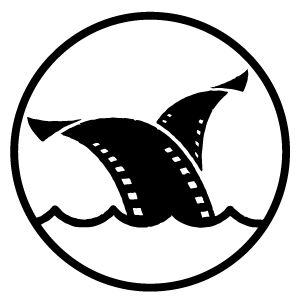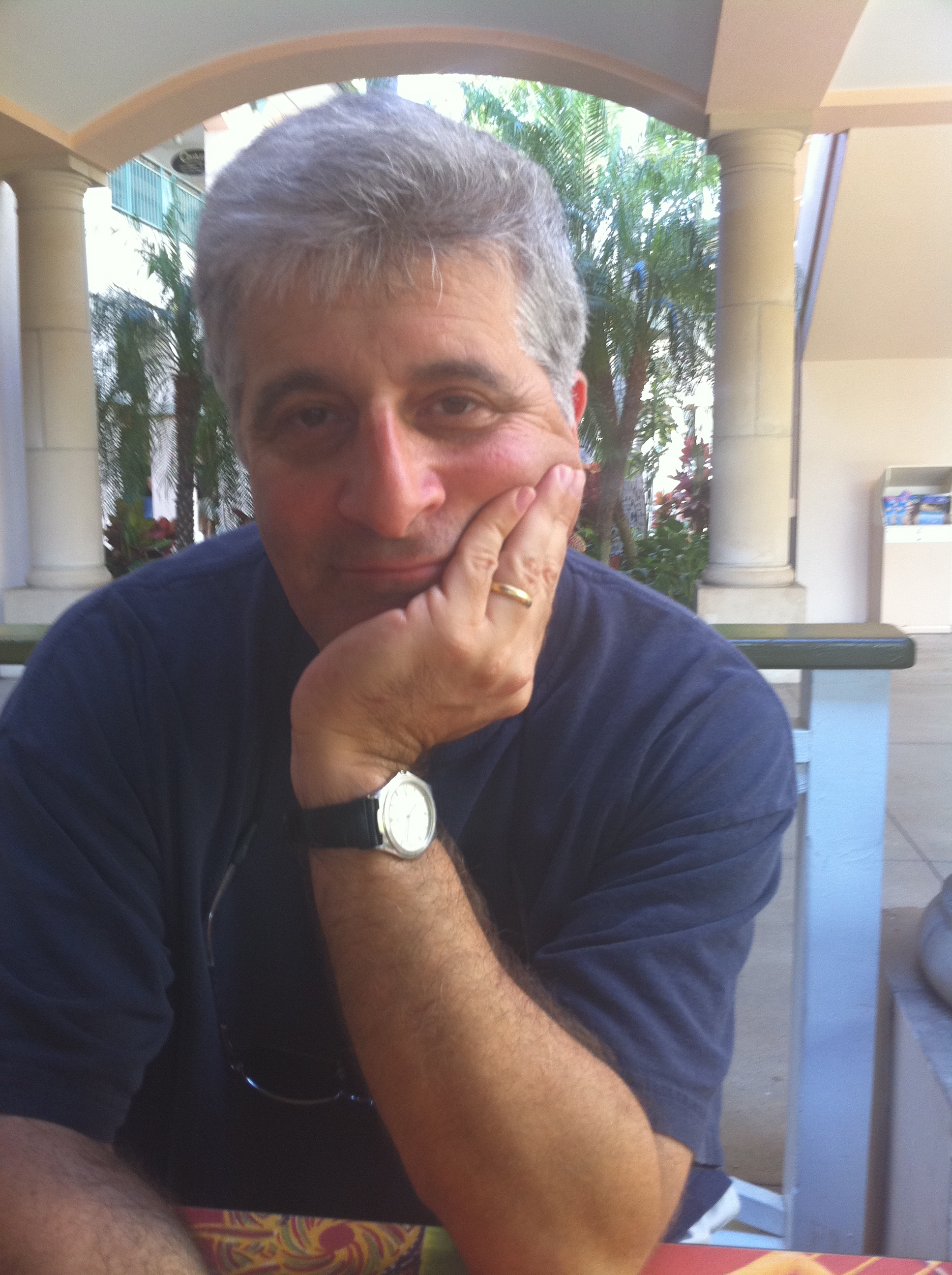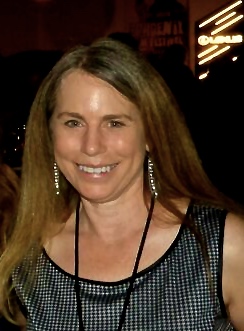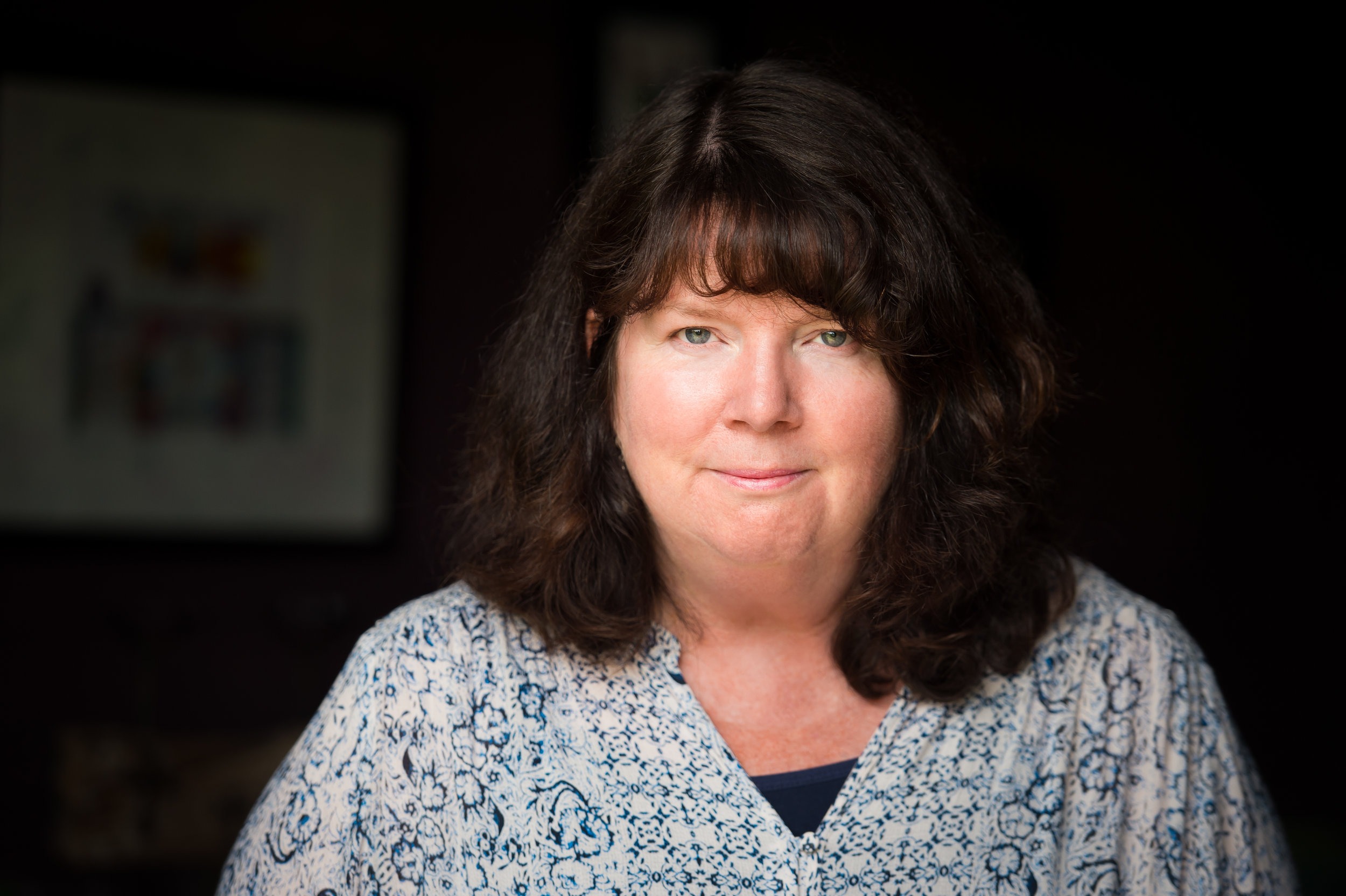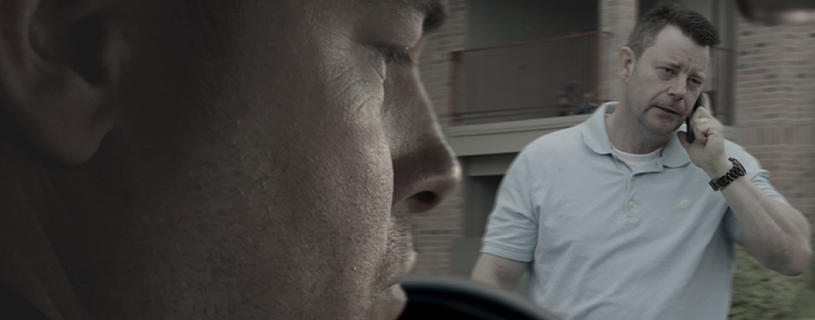Five Questions With... Gregory Bernstein & Sara Bernstein (OFFICIAL SECRETS)
/In Spotlight Film OFFICIAL SECRETS, a British intelligence officer risks everything to become a whistleblower after she learns of a plot to blackmail the UN Security Council to support the 2003 invasion of Iraq. Featuring Keira Knightley, Matt Smith, Matthew Goode, Rhys Ifans, and Ralph Fiennes.
We spoke to co-writers Gregory Bernstein and Sara Bernstein about their film. Read more, and catch it on Saturday, June 22 at 2:30pm and Sunday, June 23 at 9:30am!
NFF: Can you talk a little about how you found this story, and why you wanted to adapt it?
GREGORY & SARA: We were having lunch in LA with friends who were passing through town, journalist Marcia Mitchell and her late husband, Tom, who was a former FBI agent. The two of them wrote nonfiction espionage-related books together, and they mentioned that they had just come back from the UK, where they’d managed to coax an interview out of a very private young translator for a British intelligence agency -- and proceeded to tell us Katharine Gun’s incredible story.
Marcia and Tom had healthy debates about whistleblowing; so do Gregory and I. But all four of us have complete respect for the purity of Katharine’s motivations. She acted on instinct, and out of a sense of conscience. For writers, it’s rich material, and a subject matter that we hope the public will debate. What is a citizen supposed to do when their government is lying on a massive and consequential scale?
And, of course, we liked the David and Goliath element.
NFF: What's your writing process like as a team?
GREGORY & SARA: We started writing together in film school before we even started dating, so it’s a pretty seamless process by now. What works best for us is that one of us will take the lead, and write the first draft. We outline together, and write drafts 2-1000 together.
NFF: How involved was Katharine Gun in the making of the film?
GREGORY & SARA: Katharine was really generous with her time and advice with all of us – the book authors, the screenwriters, the director, and the actors.
NFF: What are you working on currently, and/or where can we see more of your work?
GREGORY & SARA: We’re heavy into research and outlining on a couple of different stories – a comedy, a limited series about the murder of Jane Stanford (the founder of Stanford University), and we have a WWII romance/spy story on the back burner. We’ll see what takes shape first. It’s a friendly race to see who gets to be the lead on our next project.
NFF: Why are you excited to screen in Nantucket, and/or what do you hope Nantucket audiences might relate to or takeaway from the film?
GREGORY & SARA: We’ve always heard that Nantucket, like Austin, is a writers’ festival, and so have always wanted to come. As far as audience takeaways, we just hope that our film will spark discussions, not about the Iraq War, but about the best way to act ethically in an unethical environment. There’s a lot to discuss.
